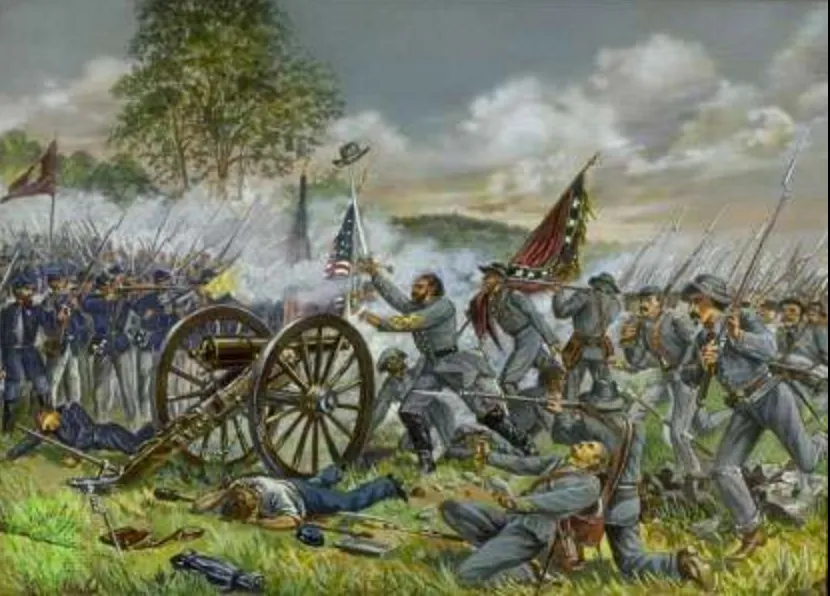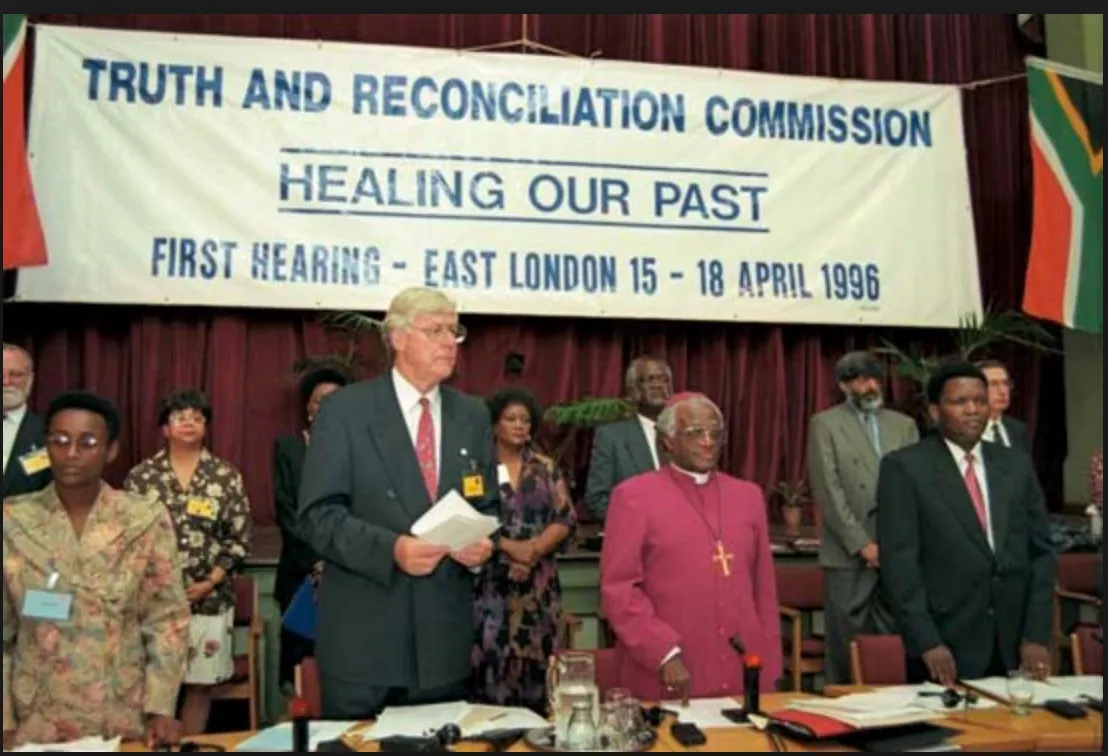You’ve heard variations of the idea that sometimes you have to lose a battle to win a war. And if you are Civil War history buff, you may know that the inverse is also true: Confederate General Robert E. Lee won many battles against the North, but the cost in blood and treasure was such that the South lost the war.

In the case of the Drug War, I see the successful fights to legalize cannabis as winning battles while losing the war at the same time. To put it in perspective, the Drug War itself is really only one of the many battles being fought to preserve human freedom. If we concede to The State that its claim to own our bodies and control what we consume is legitimate, we may win a battle by getting cannabis “legalized”, the prize of which is merely a privilege granted, but we are losing the war for human freedom. In this case, the cost in blood and treasure is in the form of freedoms lost forever.
There is a little skirmish going on here in my home town of Milwaukee, Wisconsin. County Supervisor John F. Weishan Jr. crossed into no-mans-land by introducing, via the Judiciary Committee , a resolution to put an advisory referendum on the November ballot regarding cannabis:
Do you favor allowing adults 21 years of age and older to engage in the personal use of marijuana, while also regulating commercial marijuana-related activities, and imposing a tax on the sale of marijuana?
Sounds simple, but it is vaguely worded and prompts numerous questions in my mind. Being merely advisory, in a state where the politicians have steadfastly refused to give up any authority to control what we possess and consume, it is unlikely to generate any positive change. Nevertheless, I felt compelled to participate in the hearing held by the committee because I wanted to get a fundamental principle reintroduced into the discussion. You can watch the Milwaukee County Judiciary Committee Hearing via this link. My testimony is 7 minutes long, including questions from the committee, and it starts at the 18 minute mark. If you follow the link above it will auto-play beginning at that point.
You might hear the influence of Frédéric Bastiat’s The Law and Lysander Spooner’s The Constitution of No Authority in my testimony — if only I were as eloquent...
In case you didn’t watch my testimony, I tried to make the case that the premise behind putting a referendum on the ballot like this is fundamentally flawed. “Do you favor allowing adults 21….” Is the assumption here that we are The State and we are asking ourselves if we should allow ourselves to do something? Or, would it be more accurate if they had asked: “Do you favor The State allowing adults…”. The point I tried to make is that the resolution boils down to this: We i.e., The State, are your masters — we own your bodies and can arbitrarily dictate what you can possess and consume. We back up our claim to authority with violence and coercion and there are a whole lot of people in prison right now for violating our drug laws that prove we have the right to exercise this authority. Now, we, The State, are asking you: Should we continue with the status quo — denying you your basic human right to control what you can inoffensively possess and consume — or, should we, The State, relax our chokehold on your freedom and grant you the privilege to “engage in the personal use of marijuana”? Oh, and by the way, we will subject you to any taxes, regulations or licensure requirements that we see fit to enforce if you attempt to sell your marijuana.
Supervisor Deana Alexander responded with a summary of what she believes to be the government’s legitimate role in our lives and asked whether or not simply asking the people for their opinion on the matter was not a good thing and a step in the direction of freedom. Here is a summary of the arguments she, and other speakers at the hearing made in support of placing the referendum on the ballot:

I know, What’s not to like? Is this not a step in the right direction as Supervisor Alexander asked me?
In my response I conceded the validity of her arguments (although I do take issue with some of the "Whereas" clauses listed above used to justify the resolution), as well as the reality of the framework of laws currently imposed upon us by government, while, in apparent self-contradiction, I reiterated my position that, given the fundamentally flawed premise that The State has a legitimate right to control what we inoffensively posses and consume, I could not support including the referendum on the ballot. I could have done a better job defending my position and will summarize why I am against the legalization of cannabis here:

I have tried to engage supporters of cannabis legalization on this issue with little success. Most of the people fighting for legalization don’t have the time or inclination to examine the principles of human freedom that are important to me. Or, they think the case for harm reduction is so overwhelming that the sacrifice of a little freedom is worth it. Nevertheless, I think we should not lose sight of the principles that are at stake here. Instead of fighting for legalization of cannabis, or raw milk or home-baked goods, on a case by case basis, why not look to the broader war for freedom and work to get The State out of the business of controlling what we possess and consume? Instead of focusing on winning a legalization battle at all costs, how about focusing on the war for freedom and addressing the root cause of the problem — the belief that government can have a legitimate purpose beyond protecting our life, liberty and property?